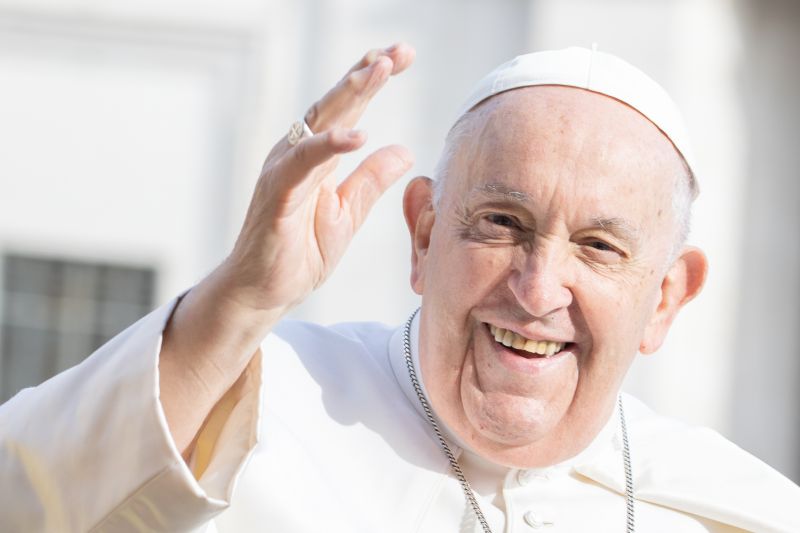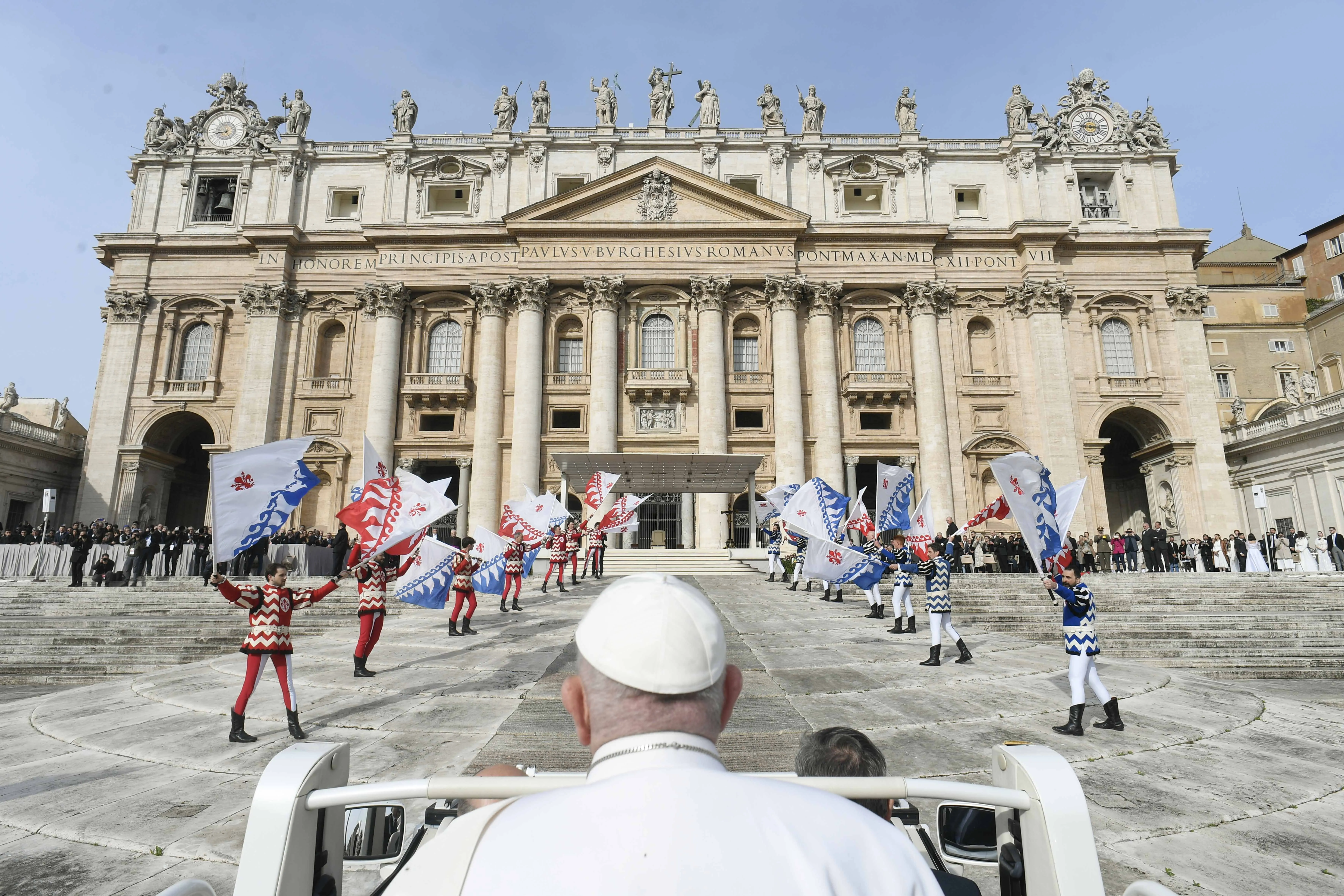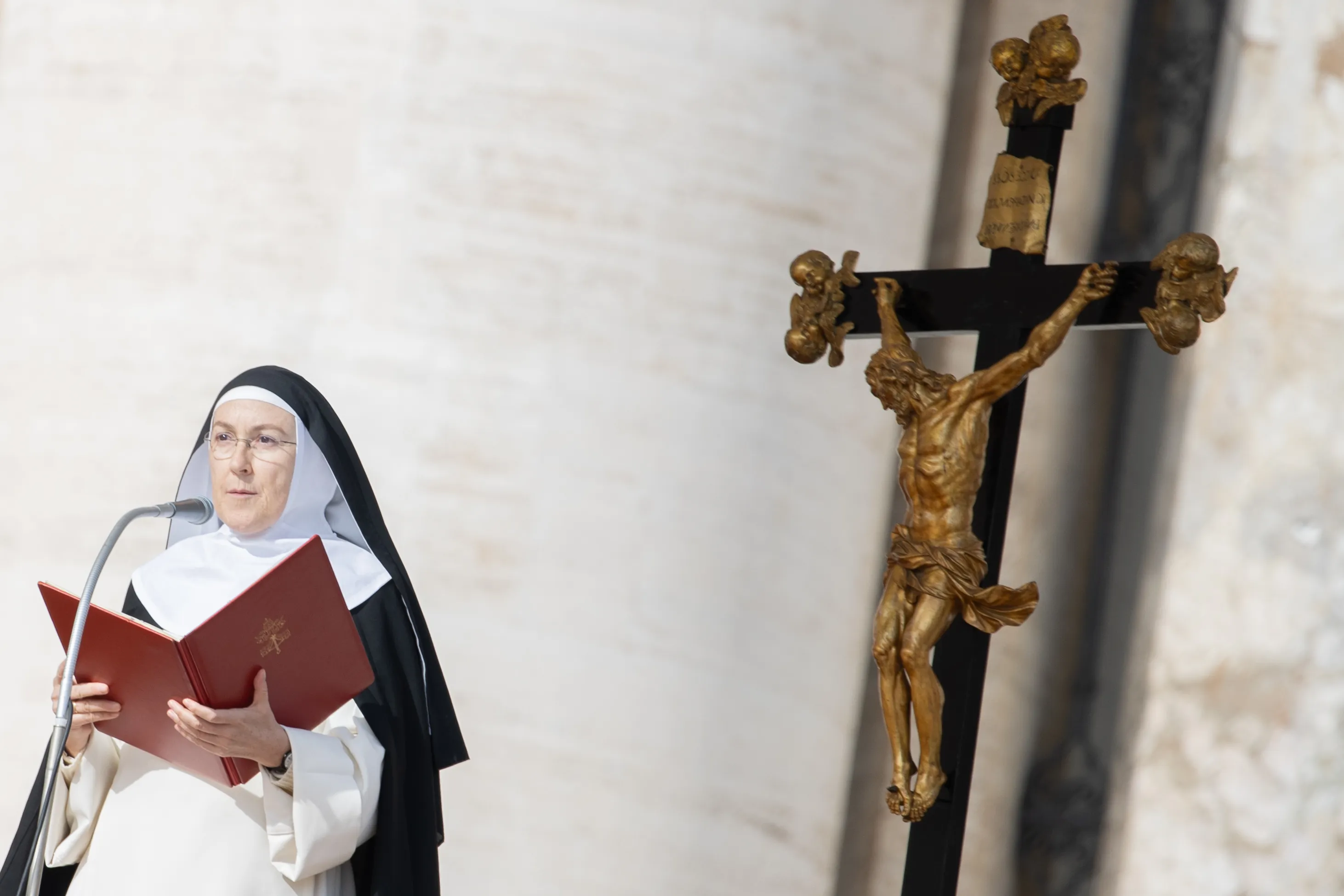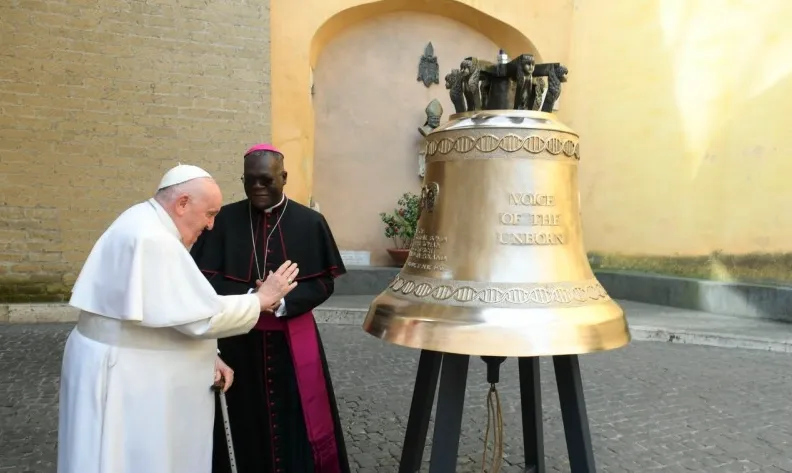
‘An unprecedented opportunity’: Augustine Institute announces move to St. Louis
 The Augustine Institute’s new facilities in Florissant, Missouri. / Credit: Boeing Company and Augustine Institute
The Augustine Institute’s new facilities in Florissant, Missouri. / Credit: Boeing Company and Augustine Institute
CNA Staff, Apr 23, 2024 / 13:30 pm (CNA).
The Augustine Institute, a Catholic educational and evangelization apostolate based in Denver for nearly two decades, announced on Tuesday that it will be moving its operations to a new campus in the Archdiocese of St. Louis.
The institute, founded in 2005 as a Catholic graduate theology school, currently has an enrollment of a little over 300 students. It says on its website that it exists to serve “the formation of Catholics for the new evangelization” by “equip[ping] Catholics intellectually, spiritually, and pastorally to renew the Church and transform the world for Christ.”
The organization announced on Tuesday that it had purchased the former Boeing Leadership Center in Florissant, Missouri, just outside of downtown St. Louis. The school will “begin transitioning its operations over the next few years,” it said in a press release.
The nearly 300-acre property “offers an unprecedented opportunity to expand our Graduate School of Theology and further our mission to help Catholics understand, live, and share their faith,” institute President Tim Gray said in a Tuesday press release.
The Boeing facility, a former retreat center that went on sale in March, offers “state-of-the-art facilities” for the group’s Catholic mission, Gray said.
The president told CNA this week that the Augustine Institute “wasn’t even in a search mode” when they learned of the facility.
“Some of the leadership at the Archdiocese of St. Louis told us about this property when it became available,” he said.
The property was on the market for nearly a year before the institute began exploring it. “A couple of different buyers tied it up, but those deals fell through,” he said. “We found out about it toward the end of November, and it wasn’t until December that we started looking into it.”
Gray himself visited the campus in January; within several weeks the institute had purchased the property.
“My head’s still spinning,” he said. “Just a few months ago this was not even on our radar.”
‘We have a big vision for this property’
Archbishop of Denver Samuel Aquila said in the institute’s press release this week that the discovery of the property was “providential” for the organization.
“It will allow the institute the opportunity to remain faithful to its mission while continuing to grow,” the prelate said, calling the purchase “the realization of a long-standing hope for a campus environment for students, faculty, and expanded theology programs.”
In addition to its graduate school, the Augustine Institute offers sacramental preparation resources, a Bible study app, an apologetics course for high school seniors, and other instructional and catechetical materials.
Much of that material is in digital format. Gray said this week that the new property will allow the Augustine Institute to expand from digital into “a national center for Catholic conferences, retreats, evangelization, and fellowship.”
The institute had largely outgrown its facilities in Denver, he told CNA.
“We’ve been growing here and we’ve filled up our building,” he said. “We love Denver, it’s been great for us. But we didn’t have student housing. Housing is very expensive in Denver and it’s hard to recruit people to move out here. Those were challenges we were facing.”
The organization had to work quickly to raise enough funds to realize the sale, he said.
“We had to raise a lot of money in just a few months so we could purchase this campus in cash,” he said. “We also had to raise enough money to have a reserve fund for the operations of such a large campus.” The institute amassed $50 million over the course of several months, he said.
The Augustine Institute is expecting to hold its 2024-2025 graduate school year at the new property starting in September.

Mitchell Rozanski, the archbishop of St. Louis, said in the press release that the facility could become “the premier center for the new evangelization in the United States.”
The institute “can foster a new era of collaboration with Catholic organizations nationwide,” the archbishop said, “and invite more people to encounter Jesus Christ and his Church.”











